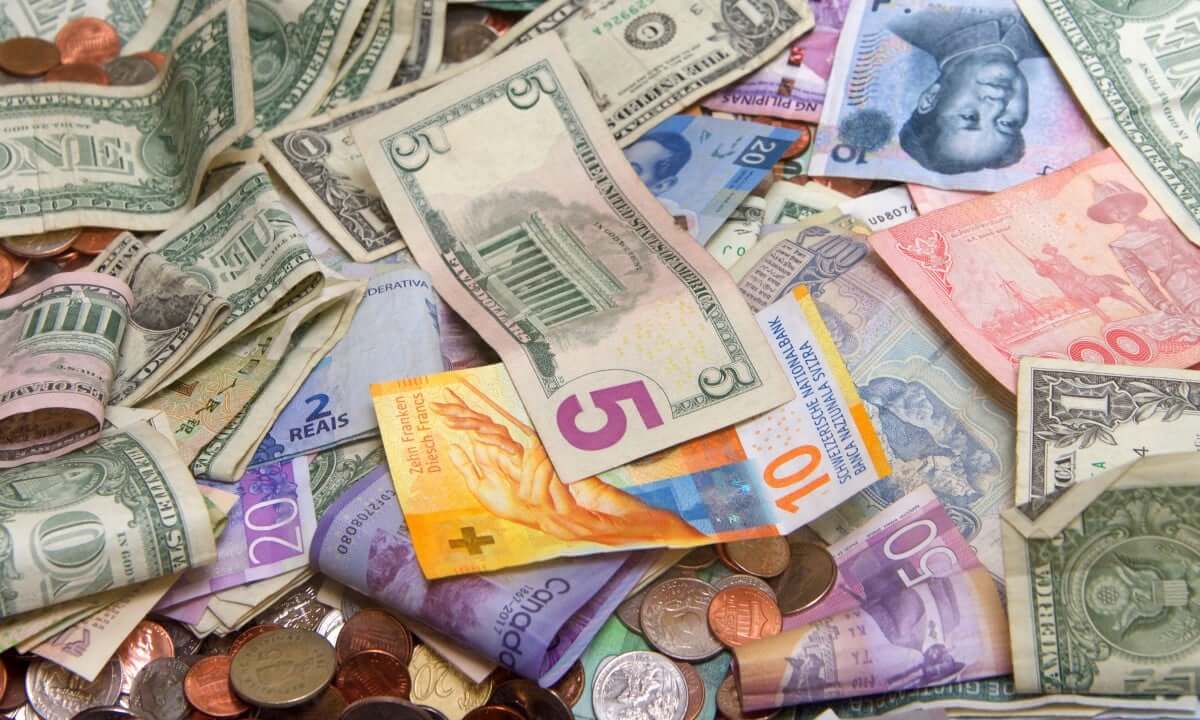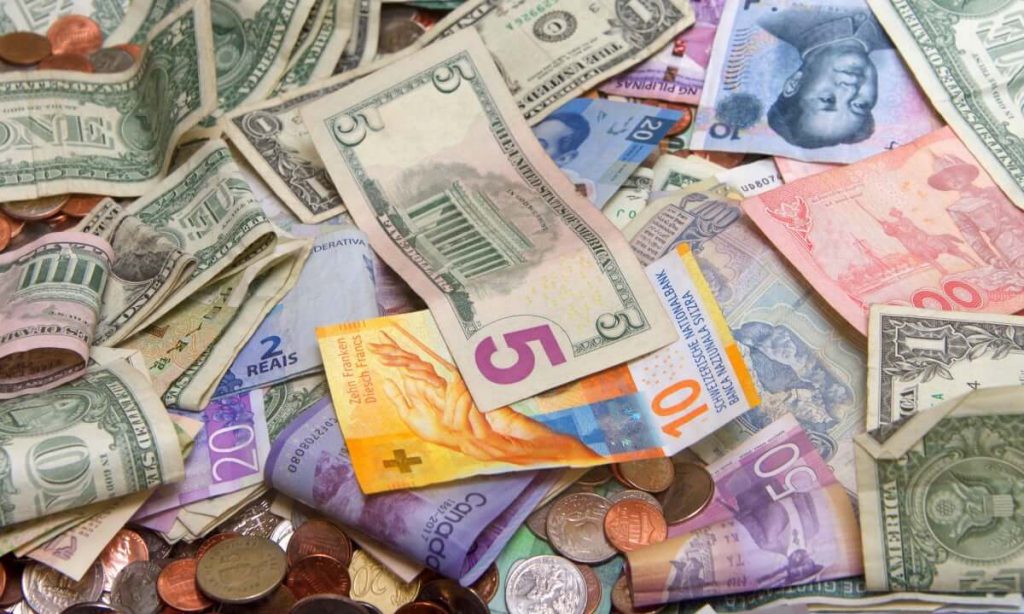
US Dollar Achieves Parity with The Euro
The euro has climbed a one-to-one exchange rate with the dollar. This parity comes at a time when there is a great discussion about whether the United States and the Eurozone would enter a recession due to excessive inflation.
Lance Abrams, a stock trading specialist, highlighted what this parity means for the economies of the United States, the EU, and the world economy. Abrams claims that both are happening simultaneously regarding whether the dollar is increasing or sinking.
The epidemic and, more recently, the war in Ukraine have disrupted supply networks in Europe and worldwide. The eurozone relies significantly on Russian oil and natural gas imports. Hence, trade restrictions are generating significant price increases in the energy industry. Despite concerns about the US economy’s stability, the Federal Reserve has been fighting inflation by hiking interest rates. Higher interest rates support the dollar’s value. The European Central Bank aims to raise interest rates to strengthen the euro.
Xi Jinping Proposes Deficits
Chinese President Xi Jinping proposed addressing development deficits through regional integration, specifically by increasing the share of local currency settlements, strengthening the development of cross-border local-currency payment and settlement systems, and promoting the establishment of an SCO Development Bank.
When speaking at the recent SCO summit, Xi avoided overtly discussing the geopolitical issue of US dollar dependence. His idea, however, underscored Chinese authorities’ significant fears about the Chinese economy’s vulnerability to US dollar hegemony and their determination to build other mechanisms to hedge against the risk of dollar domination.
For the time being, Beijing is not attempting to internationalize the yuan. It does not intend to dethrone the US dollar and replace it as the world’s reserve currency with the yuan. Small Chinese banks with little exposure to the global financial system based on the dollar are obvious candidates for alternative payment and settlement mechanisms. They will most likely become fluent in applying de-dollarization tactics to allow sanction evasion by collaborating with Russian firms.


